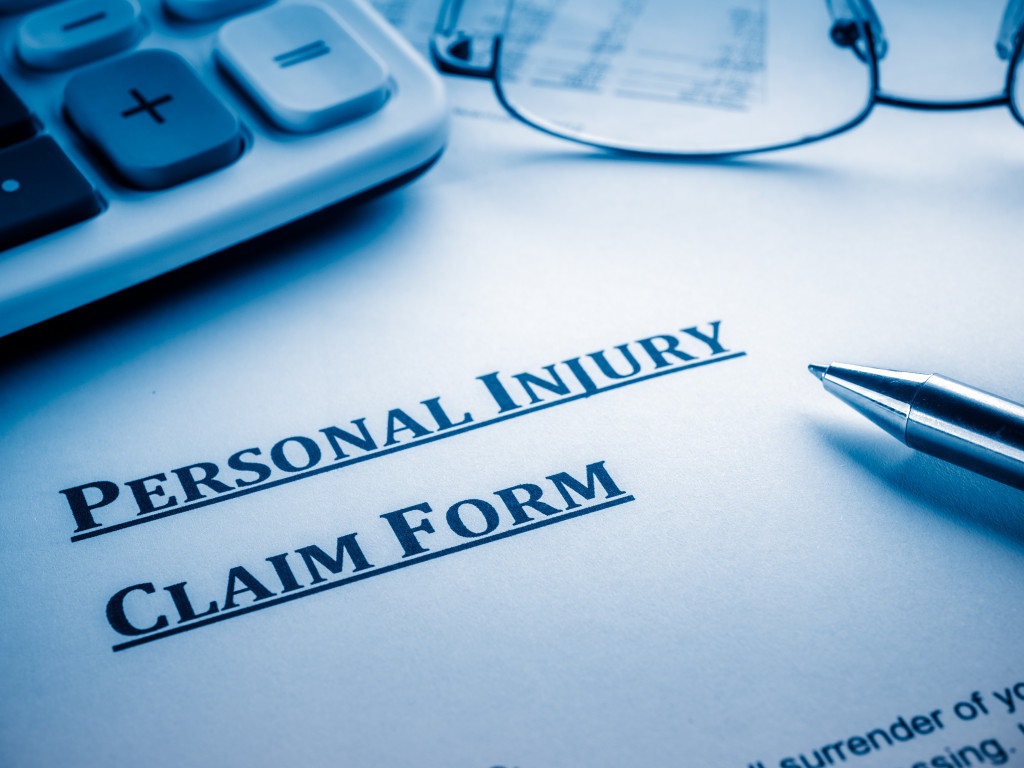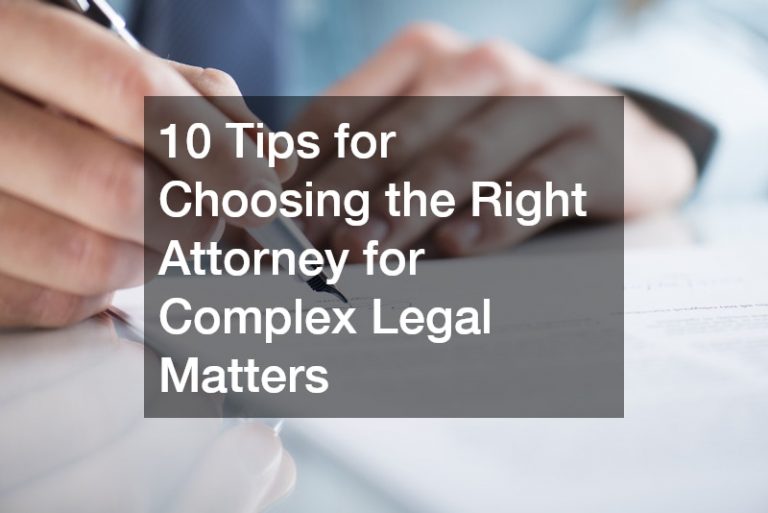Most people won’t believe that something bad can happen to them until it does, and by then, it would be too late to prepare for what’s to come. When people aren’t prepared or even familiar with how the events could play out, they may let themselves get carried away by their heightened emotions.
This is not advisable in situations where you’re involved in an accident or incident that affects other people, especially when there are lives on the line. It will always be better to expect the unexpected and anticipate the worst-case scenarios so that you can be prepared to face whatever may come your way.
A great way to prepare for such situations is by learning about common personal injury cases and what you can do if you find yourself in that position. Knowing your civil rights and the potential grounds to sue can help protect you against those who would take advantage of your vulnerable situation.
Vehicular Collisions
Nobody ever plans to get involved in an accident that can potentially change their life for the worse, but those situations still happen anyway. Whether the accident was caused by negligence, recklessness, or carelessness, you must remember that you have the right to sue if you sustain any injuries because of it.
For instance, you were casually driving down the road until a drunk driver from the opposite lane crashed onto your car. When this happens, not only will you suffer injuries and face expensive medical bills, but you will also have to deal with the repairs for your car. All because of one reckless driver.
In a situation like this, what you need is to get yourself a credible car accident attorney who can make sure that you will be compensated for all the damages you sustained. It won’t be enough to rely on your insurance provider, especially if you get a debilitating injury that will require continuous medical attention.
You shouldn’t have to allow your wallet to take all the hits because the accident wasn’t your fault in the first place. Don’t let the negligent party go unscathed while you adjust to your new circumstances because of the accident; hold them liable and seek justice for everything you’ve gone through.
Defamation, Libel, or Slander

Unlike traffic collisions, defamation in the form of libel or slander is a personal attack against a person’s character, which means there might not be any physical injuries involved. But that doesn’t mean that it’s not considered a personal injury case, especially because the victim’s reputation will suffer the damages.
The main difference between libel and slander is that the former refers to written defamation, while the latter refers to spoken defamation. If anyone makes false statements against you in an attempt to harm or discredit your reputation, know that you have the right to sue them for defamation of character.
For your claim to be warranted in court, you would have to prove that a false statement of fact was made to harm your reputation and that it caused you financial damages. This could be in the form of a publication that the defendant has made to a third party or proof of actual malice for it to hold water.
Intentional Torts
This type of personal injury claim does not fall under the category of accidents caused by negligence or carelessness, specifically because there is an actual intent to harm. Those who make intentional torts such as assault, battery, sexual crimes, or false arrest and imprisonment, may face criminal charges aside from having to deal with the personal injury lawsuit filed by the plaintiff.
When someone shows an intent to harm you or causes you to get injured from the incident, you should know that you can sue that person both in civil and criminal court. By doing so, you can receive the justice you deserve and even get amply compensated for the damages you sustained because of it.
There could be times when the defendant will pass off their purposefully harmful acts as self-defense or acting with your consent, which can make the intentional tort claim harder to prove. However, you have to be stronger in situations like these so that you can win the case and put the perpetrator behind bars, or at least, pay for the harm they caused you.
Knowing the differences between the results of an intentional and negligent incident can help you make informed decisions moving forward if you or someone you know find yourself caught in a sticky situation. The law will always be on the right side of justice; you just have to help shed light on it by providing valid evidence and proof of your claims.







